Planetary Science
-
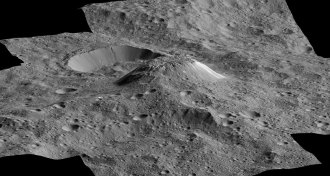 Planetary Science
Planetary ScienceWater plays big role in shaping dwarf planet Ceres
Findings from the Dawn spacecraft turn up cryovolcanoes, ice patches and hydrated minerals on Ceres, supporting the idea that water helped shape the dwarf planet.
-
 Planetary Science
Planetary ScienceWater has played a big role in shaping dwarf planet Ceres
Findings from the Dawn spacecraft turn up cryovolcanoes, ice patches and hydrated minerals on Ceres, supporting the idea that water helped shape the dwarf planet.
-
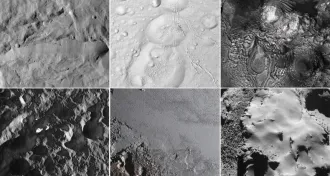 Planetary Science
Planetary ScienceSpacecraft reveal diversity in solar system’s landscapes
The latest generation of interplanetary spacecraft have revealed diverse landscapes on planets, asteroids and comets throughout the solar system.
-
 Planetary Science
Planetary ScienceVenus once possibly habitable, study suggests
Venus might have once been habitable and home to a shallow ocean.
-
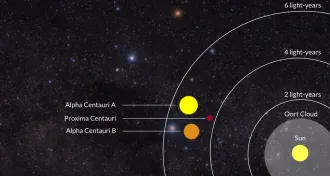 Planetary Science
Planetary ScienceVisits to Proxima Centauri’s planet are probably millennia away
A trip to Proxima Centauri’s planet would take millennia, even with alpha particle propulsion.
-
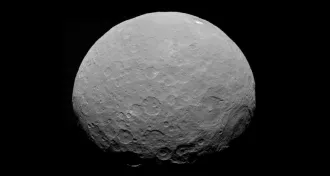 Planetary Science
Planetary ScienceCeres is more than just a space rock
Dawn spacecraft reveals that the dwarf planet Ceres hides a core of solid rock beneath an outer crust of minerals, salts and ices.
-
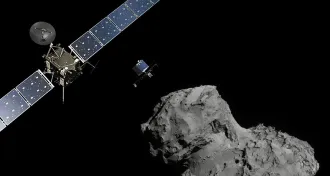 Planetary Science
Planetary ScienceRosetta spacecraft has stopped listening for Philae lander
Rosetta is no longer listening for communications from the comet lander Philae.
-
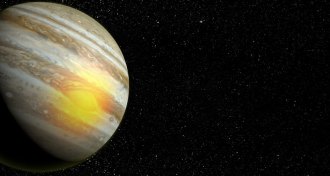 Planetary Science
Planetary ScienceJupiter’s Great Red Spot is hot
High temperatures over Jupiter’s Great Red Spot suggest that storms pump heat into the atmosphere and warm the entire planet.
-
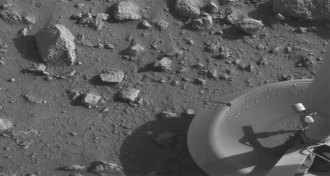 Planetary Science
Planetary Science40 years ago, Viking 1 pioneered U.S. exploration on Mars
Forty years ago, Viking 1 became the first U.S. mission to land safely on the surface of Mars.
-
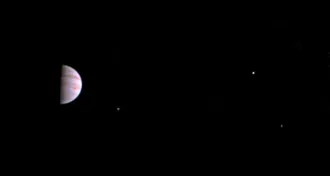 Planetary Science
Planetary ScienceJuno snaps its first pic of Jupiter
Jupiter and three of its moons take center stage in the first snapshot taken by the Juno spacecraft since arriving at the planet on July 4.
-
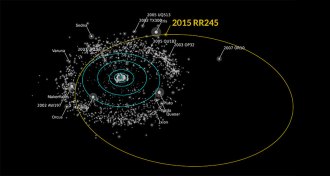 Planetary Science
Planetary ScienceNew dwarf planet discovered lurking beyond Neptune
Newly discovered dwarf planet 2015 RR245 takes about 700 years to orbit the sun and lives among the icy boulders of the Kuiper belt.
-
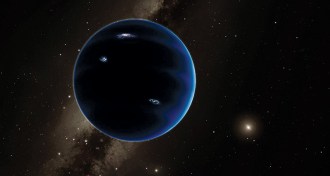 Planetary Science
Planetary ScienceNew clues in search for Planet Nine
Lots of unknowns remain as researchers try to pin down where a possible ninth planet might be hiding in the solar system.